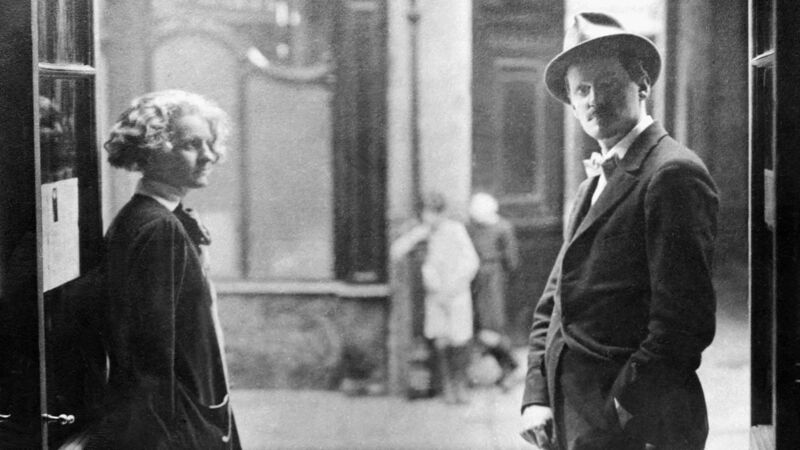Ulysses at 100: Eight things to know about Joyce's great book

James Joyce with Sylvia Beach, the publisher of Ulysses. (Picture AFP/AFP via Getty Images)
It regularly features in greatest novel lists and equally in the ‘books I haven’t finished’ category — in 2009, for a survey carried out on World Book Day, it also came in third (behind Orwell's 1984 and Tolstoy’s War and Peace) in a survey of books most people have lied about reading.




